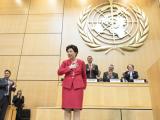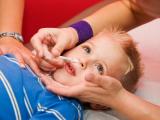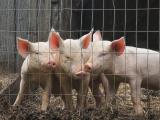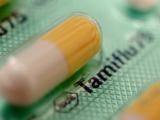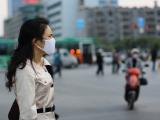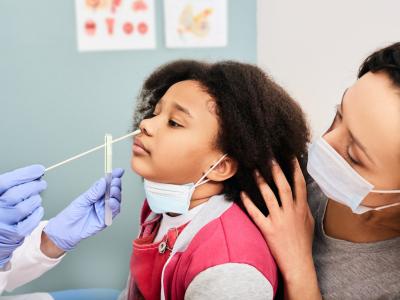Dec 11, 2009
Only 14 US states now have widespread flu
US flu activity dropped further last week, as only 14 states had widespread cases, down from 25 states the week before, the Centers for Disease Control and Prevention (CDC) said today. Sixteen flu-related pediatric deaths were reported, 13 of which were from confirmed H1N1. The number of confirmed H1N1 hospitalizations dropped from the week before, but confirmed deaths increased slightly. The share of outpatient medical visits attributed to flu was 2.7%, down from 3.7% the week before.
http://www.cdc.gov/flu/weekly/?date=121109
Latest CDC Flu View update
WHO says pandemic has peaked in much of Europe
The current pandemic wave has passed its peak in western, northern, and eastern Europe as well as in temperate parts of North America, the World Health Organization (WHO) said today. As of Dec 6, flu activity continued to increase in parts of central and southeastern Europe and southern and eastern Asia. Transmission also remained active in much of western and central Asia, and limited data indicated the virus was present in most regions of Africa as well.
http://www.who.int/csr/don/2009_12_11a/en/index.html
Dec 11 WHO update
UK reports death rate similar to US's
Pandemic H1N1 flu has killed fairly low numbers in the United Kingdom, British officials determined in a study published yesterday, but public health officials should stay vigilant and vaccination campaigns continue, according to a Reuters report. The comprehensive analysis of data through Nov 8 revealed 26 H1N1 deaths in every 100,000 cases—a case-fatality rate (CFR) of 0.026%. Yesterday the CDC released figures indicating a US CFR of 0.021%.
Aggressive steps may have worked for Japan
Aggressive pandemic control steps such as hygiene measures, social etiquette, and quick testing and antiviral prescribing have helped Japan curb H1N1 better than other nations, according to a Bloomberg News story today that cites a Nov 13 WHO report. The report found a Japanese rate of 2 deaths per 100,000 H1N1 cases, considerably lower than other countries' published rates. Japanese doctors are advised to administer antivirals to anyone suspected of having flu, even if a rapid test is negative.
http://www.bloomberg.com/apps/news?pid=20601202&sid=auxGTNXRwuAI
Dec 11 Bloomberg News article
China's outbreak may not peak for months
Cases of novel H1N1 may not peak in China for several months, its health ministry said today, according to the Associated Press (AP). The ministry said that hundreds of millions of people returning home for the traditional Chinese New Year in late January and February may exacerbate the outbreak. The country has confirmed more than 100,000 cases but only 326 deaths. China's peak flu season, which could last till March, will be critical for flu control and prevention, a spokesperson said.
NIAID to test vaccine in HIV-positive volunteers
The National Institute of Allergy and Infectious Diseases (NIAID) is recruiting HIV-positive volunteers to test whether they need a larger-than-standard dose of H1N1 vaccine. People who have suppressed immunity are among the priority groups for H1N1 vaccination because of their risk of flu complications, but their HIV infection may dampen their response to the vaccine, the NIAID said yesterday. The trial volunteers will receive two doses of either 15 or 30 micrograms of antigen.
http://www.niaid.nih.gov/news/newsreleases/2009/Pages/H1N1trialHIVpositive.aspx
Dec 10 NIAID press release


